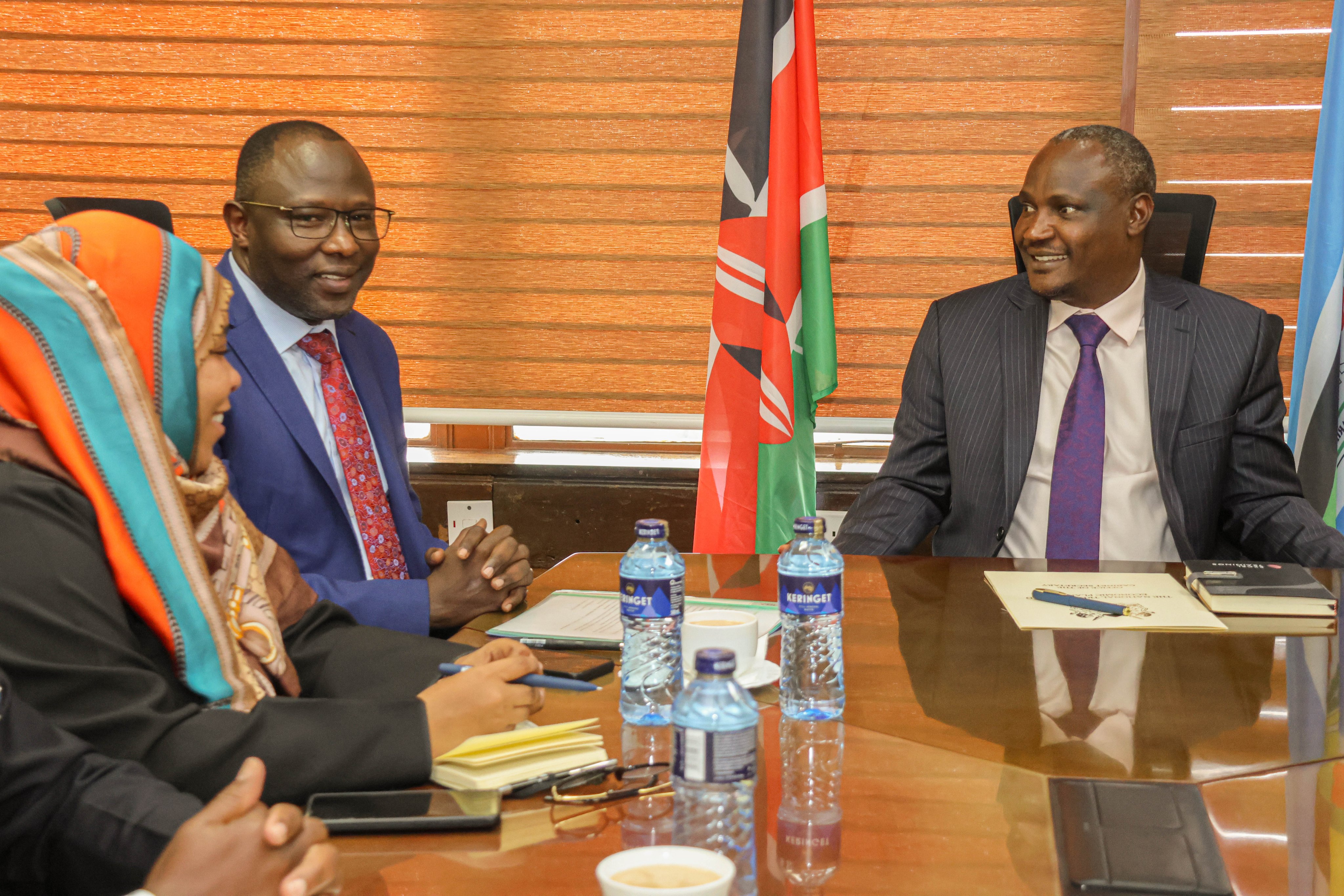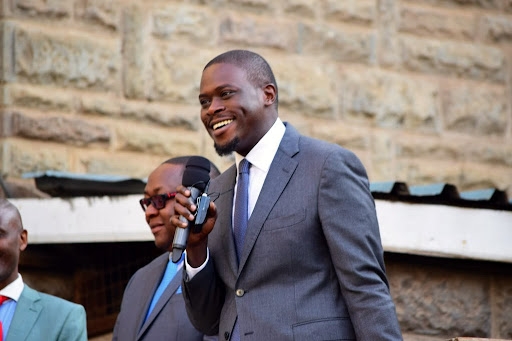

They were enacting the
supreme will of the people—the cornerstone of Kenya’s 2010 Constitution.
IEBC’s response - “Kenya has no enabling
legislation defining the grounds and procedures for recall of a Member of the
National Assembly or the Senate,” unsurprising, remains problematic.
IEBC believes it has
the power to question, or give opinion regarding the people’s direct exercise
of their political rights and wills.
The simultaneously
deflected responsibility and diluted constitutional integrity.
The IEBC’s stance, while legally cautious, is
at odds with constitutional and democratic principles.
The People Gave the Power—And Can Take It Back
Article 1 of the Kenyan Constitution could not
be clearer: “All sovereign power belongs to the people of Kenya.”
That means that all
institutions, from Parliament to the IEBC, exist not as masters of the people
but as servants of their will.
Article 1 (2) goes on
to state that “The people may exercise their sovereign power either directly or
through their democratically elected representatives.”
This is the authority
and responsibility that Shakira, Mavin, Dominic, and Sichei are exercising.
Article 104 affirms
this further by providing citizens the right to recall their Members of
Parliament before the end of their five-year term.
This provision isn’t decorative—it’s the
beating heart of a constitution-structured political system that affirms, not
allows, voters’ power to discipline their representatives when they violate
public trust.
IEBC Is Not a Gatekeeper of Rights
Let’s be honest. The IEBC’s claim—that it
cannot act without a new law—is a technical truth masking passivity. Yes, a
2017 High Court ruling struck down sections of the Elections Act for being
discriminatory and unclear on recall procedures. Yes, Parliament has since
failed to pass new recall legislation for MPs and Senators (though it fixed the
law for recalling MCAs).
But this legislative inaction does not suspend
the Constitution. Article 104 remains in force. In such a “vacuum”, the IEBC
must not default to bureaucratic paralysis. It must act as a facilitator of
constitutional rights—not an excuse-maker. After all, the Constitution is not
subordinate to Parliament. Parliament is subordinate to the Constitution. And
so is the IEBC. All are subservient to “We the people”.
A Petition Is Not a Suggestion—It’s a Sovereign
Command
When Kenyan citizens submit a properly framed
recall petition, they are not begging. They are commanding. The IEBC is not
being asked for a favor; it is being constitutionally instructed to facilitate
a recall process. This distinction matters. If we reduce citizen petitions to
polite letters awaiting institutional mercy, we gut the very notion of
democratic sovereignty. In a democracy, institutions don’t “allow” rights—they
obey them.
Comparative Lessons: Global Democracies Protect the
Right to Recall
Kenya is not inventing
this from scratch. The United Kingdom passed the Recall of MPs Act 2015,
allowing constituents to initiate a recall when their MP is found guilty of
wrongdoing. In the United States, several states empower voters to remove
governors, legislators—even judges—before the end of their terms. These systems
recognize what Kenya’s IEBC seems to forget: recall is not a threat to
democracy. It is democracy.
Parliament’s Failure Is Not the People’s Problem
Parliament’s delay in
passing new recall legislation is indefensible. But even so, it does not
invalidate the people’s right. The People come first, the Constitution in
succession, Statutes fall thereafter. This is settled law in constitutional
theory. Where Parliament fails to operationalize a constitutional right, courts
and commissions must interpret the Constitution purposively to give effect to
that right. That’s what judicial review is for. That’s why the IEBC exists.
The Real Danger: Institutional Evasion
The IEBC’s statement
may reflect legal caution—but it also betrays an institutional instinct to brow
beat, self-authorize, and self-protect rather than serve. If institutions
retreat every time a law is imperfect, the Constitution becomes ornamental. What
Kenya needs is boldness: a commission willing to interpret the Constitution
with fidelity, and a Parliament held accountable for legislative abdication.
Until then, the people must not be silenced by legalistic roadblocks. They must
be heard—in courts, in Parliament, and in the streets.
The Way Forward: From Petition to Precedent
Kenya’s civil society
and legal community must now act. Courts should be petitioned to compel
Parliament to pass new recall laws, or to authorize the IEBC to act under the
Constitution itself. This is not about Passaris, or any one MP. It’s about
protecting the right of 50 million plus citizens to hold their leaders
accountable between elections—not just every five years. Let’s be clear: if the
IEBC continues to claim it “cannot” obey Article 104 without new legislation,
then Kenya’s democracy has a constitutional emergency. In the End, the People
Decide No court, no Parliament, no commission is greater than the people.
That’s not political rhetoric—it’s constitutional truth.
Kembo is a Communication and Public Policy practitioner, Law Student, IT Infrastructure Engineer.












